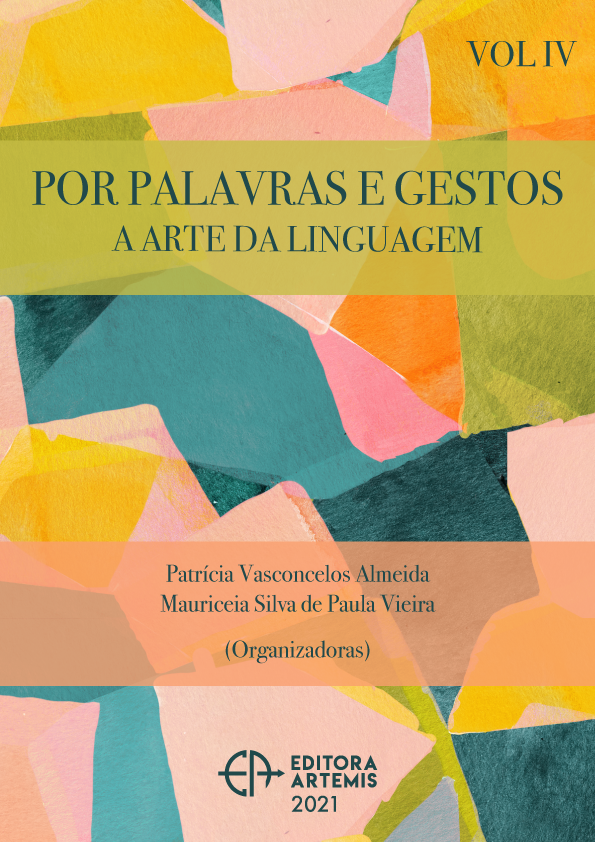
NÍSIA FLORESTA E A ESCRITA FEMININA NO SÉCULO XIX
A escrita feminina no século XIX significou verdadeira afronta aos padrões de diferenças sexuais. Assim, foi acompanhada de deslumbramento e assombro, alvo de críticas e suspeitas quanto à dignidade daquelas que escreviam. A educação constituía importante instrumento de diferenciação entre os sexos e garantia a manutenção da sujeição feminina e superioridade masculina. A escrita representou, também, espaço para contestação da inferioridade feminina. E foi com esse objetivo que Nísia Floresta Brasileira Augusta fez uso da escrita nos oitocentos: para reivindicar uma reforma na educação feminina e promover a valorização social da mulher. Pseudônimo de Dionísia Gonçalves Pinto (1810-1885), nasceu no Rio Grande do Norte, viajou e morou em diferentes províncias do Império e também no exterior. Com mais de quinze títulos publicados no Brasil e Europa, a brasileira teve contato com diversos nomes do período, tal como Augusto Comte, com quem manteve uma amizade fraterna, marcada pela troca de correspondências entre 1856 e 1857. Este trabalho analisa a elaboração do projeto educacional de Nísia Floresta, partindo do estudo do contexto social e intelectual do século XIX para conhecer suas prescrições quanto à educação feminina e suas críticas aos hábitos e práticas da sociedade oitocentista. Para isso, faz-se uso de fontes bibliográficas, jornais do período e as obras da escritora brasileira.
NÍSIA FLORESTA E A ESCRITA FEMININA NO SÉCULO XIX
-
DOI: 10.37572/EdArt_29012127920
-
Palavras-chave: Escrita feminina. Século XIX. Nísia Floresta. Educação feminina.
-
Keywords: Female writing. XIX century. Nísia Floresta. Female education.
-
Abstract:
Female writing in the nineteenth century meant a true affront to patterns of sexual differences. Thus, it was accompanied by wonder and amazement, the object of criticism and suspicion as to the dignity of those who wrote. Education was an important instrument of differentiation between the sexes and guaranteed the maintenance of female subjection and male superiority. Writing also represented a space for contestation of female inferiority. And it was for this purpose that Nísia Floresta Brasileira Augusta made use of writing in the eighties: to claim a reform in women's education and to promote the social value of women. Pseudonym of Dionísia Gonçalves Pinto (1810-1885), was born in Rio Grande do Norte, traveled and lived in different provinces of the Empire and also abroad. With more than fifteen titles published in Brazil and Europe, the Brazilian had contact with several names of the period, such as Augusto Comte, with whom she maintained a fraternal friendship, marked by the exchange of correspondences between 1856 and 1857. This work analyzes the elaboration of the project Nísia Floresta, starting from the study of the social and intellectual context of the nineteenth century to know its prescriptions about female education and its criticism of the habits and practices of nineteenth century society. For this, one makes use of bibliographical sources, newspapers of the period and the works of the Brazilian writer.
-
Número de páginas: 12
- TERESINHA DE JESUS MESQUITA QUEIROZ
- Luma Pinheiro DIAS

